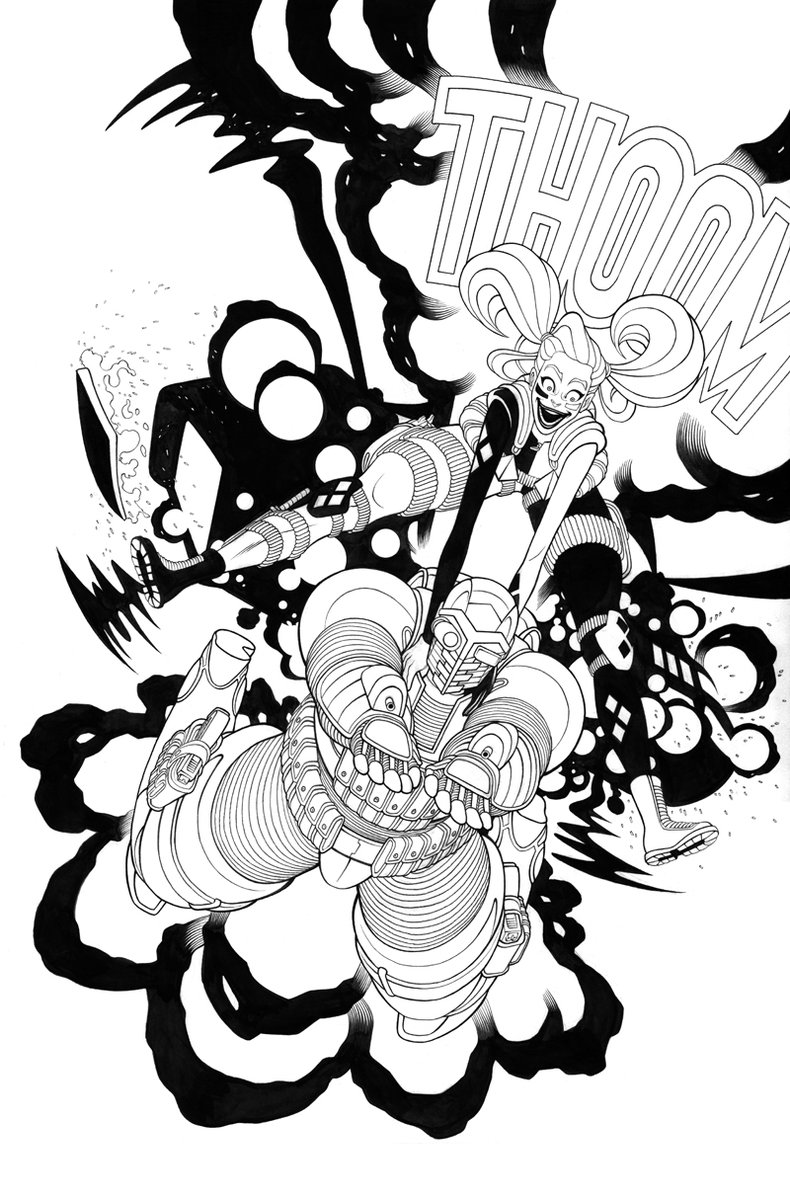
1) ACTION COMICS - Superman, with rotating back-up stories of related characters.
2) DETECTIVE COMICS - Batman, with rotating back-up stories of related characters.
3) SENSATION COMICS - Wonder Woman, with rotating back-up stories of related characters.
2) DETECTIVE COMICS - Batman, with rotating back-up stories of related characters.
3) SENSATION COMICS - Wonder Woman, with rotating back-up stories of related characters.
https://twitter.com/BizzareComics/status/1354509348911853571
4) JUSTICE LEAGUE UNLIMITED - Big cast, epic stakes
5) THE GREEN LANTERN CORPS. - Cosmic adventures
6) TEEN TITANS - Teen heroes
5) THE GREEN LANTERN CORPS. - Cosmic adventures
6) TEEN TITANS - Teen heroes
7) BRAVE and the BOLD - Paired hero team-ups like Booster Gold & Blue Beetle, Green Arrow & Black Canary, etc.
8) GOTHAM - Lead villain story and rotating back-ups
9) ELSEWORLDS - Anthology series
10) DC Comics Showcase - Anthology series
8) GOTHAM - Lead villain story and rotating back-ups
9) ELSEWORLDS - Anthology series
10) DC Comics Showcase - Anthology series
A lot of the books would have bolstered page counts so you could use your well-known lead character as the anchor while broadening the DCU with a variety of back-up stories.
If a back-up story is crazy popular, you could test the waters with a separate mini-series or ongoing.
If a back-up story is crazy popular, you could test the waters with a separate mini-series or ongoing.
No direct crossovers between series, but they would all share broad continuity (except for Elseworlds, which is your wild-experimental book) so things that happen change the world/universe, but you could also happily read one ongoing series and get a complete satisfying story.
Justice League Unlimited is where big hero team-ups happen and the largest event-style threats are handled, so most readers who enjoy the trinity would want to pick up the core book for their hero (Action, Detective or Sensation) + JLU.
Batman is the best seller at DC and has an unparalleled rogue's gallery so Gotham is a way to broaden that as well with Joker, Harley and other popular troublemakers in the spotlight.
Obviously, with only 10 books in this theoretical line, you have to make incredibly tough choices and collapse stuff down to a ridiculous level.
I'm a big fan of other books and characters at DC, but in terms of intellectual property/iconic stuff, this line-up makes sense to me.
I'm a big fan of other books and characters at DC, but in terms of intellectual property/iconic stuff, this line-up makes sense to me.
SHOWCASE is where you line up a story arc for characters getting coverage via TV or movies that don't already have their own solo: Batwoman, Black Lightning, Suicide Squad, Shazam, Aquaman, Flash, you name it.
If it does crazy-well, you contemplate launching a regular book.
If it does crazy-well, you contemplate launching a regular book.
10 is really lean compared to the current publishing plan, but with the right price point a fan could collect it all every month and not break the bank: 2-3 comics each week.
You could have a digital subscription that also includes an ever-widening back issue archive.
You could have a digital subscription that also includes an ever-widening back issue archive.
The other key is having a robust hardcover/trade paperback program so people can easily catch-up and follow along. Core series get their own collections and story arcs of specific characters get break-out collections as needed, especially around the release of new movie/TV stuff.
• • •
Missing some Tweet in this thread? You can try to
force a refresh








